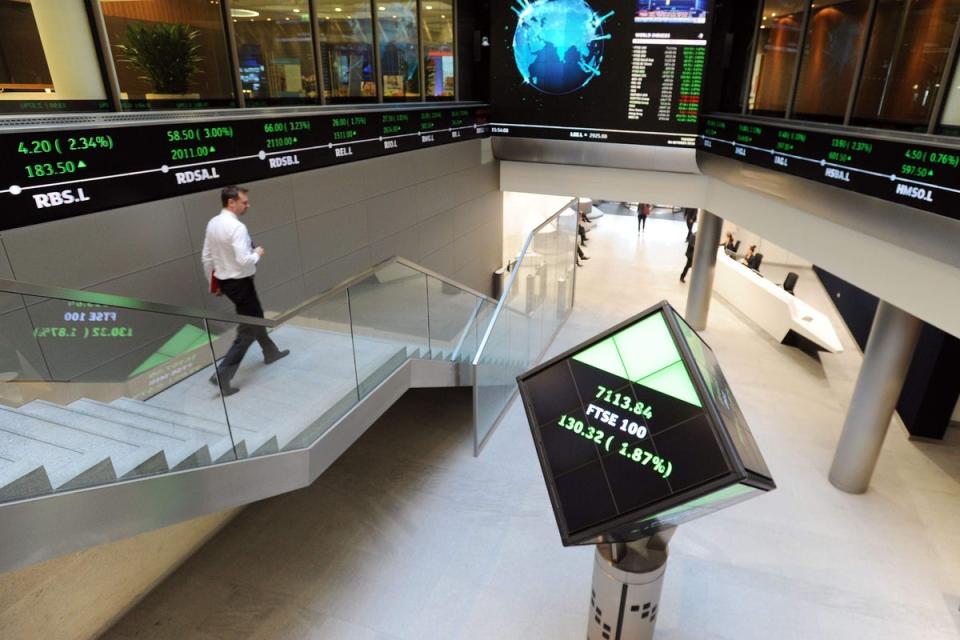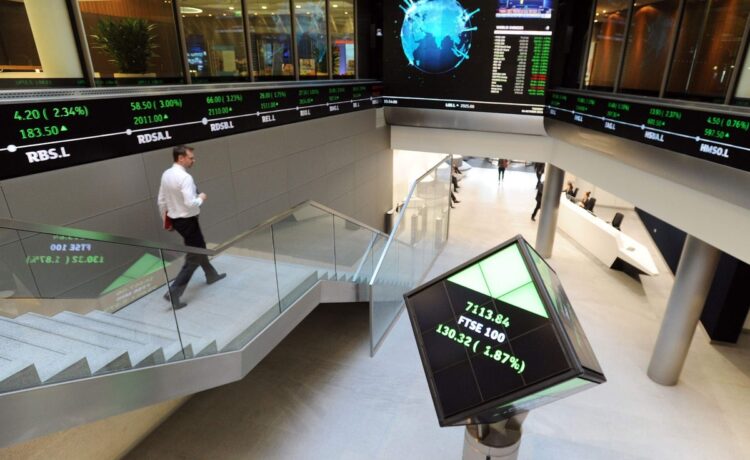
It would be a long stretch to call Spirent Communications a household name.
Indeed, outside the City and the world of telecoms few people are likely to have heard of it. Yet the Crawley-headquartered group is a rare global British success story in its particular field — testing 5G networks.
The business, founded just before the Second World War by an enterprising London ledger clerk called Jack Bowthorpe, floated on the London stock market in 1955. Its shares have been traded here ever since, giving investors the chance to buy into a key technology. But not for much longer.
This week Arizona-based Viavi Solutions made a £1 billion takeover bid for Spirent, its offer representing a premium of more than 60 per cent to its moribund share price of 108.4p before the bid.
No wonder the board were keen to recommend the takeover terms. Soon its shares will disappear after almost 70 years.
Spirent is one of a flood of British companies, many pillars of the UK corporate establishment, that have been “taken out” by foreign bidders or private equity firms at spectacular premiums, in a rapidly increasing exodus.
Other businesses that have left — or are being acquired — include electrical retailers Currys, animal drugs company Dechra and payment solutions company Network International. Today, Virgin Money was added to the list after a £2.9billion bid from Nationwide.
Not all of them are sexy stocks, but most are successful British-headquartered companies — rubies in the rubble of the UK’s slow growth economy. In a separate but parallel trend, some major companies have given up on London and taken their shares to other markets.
They include German travel giant Tui, which ditched its London listing last month, and Dublin-based betting group Flutter, owner of Paddy Power and Betfair, which plans to move its primary listing to New York.
The most symbolically damaging corporate cold shoulder was given to London by arguably Britain’s most successful tech company. The Cambridge-cribased chip designer Arm Holdings was once a stalwart of the FTSE-100.
After it was taken over by Japan’s SoftBank in 2016 its return to the public markets late last year was to the Nasdaq exchange in America, rather than its former home in the Square Mile. That humiliation is not eased by the stellar performance of Arm’s share price since it floated in September.
According to James Ashton, chief executive of the Quoted Companies Alliance, Stock Exchange figures show there are now 1,810 companies and investment trusts listed on London’s main markets, down 57 since the end of October.
That may not sound much but the attrition rate is running at about 15 a month, with few signs of a revival in new share listings — or IPOs — to top up the equity gene pool. Ashton fears the total is as low as it has been since records began with numbers down by 40 per cent since the 2008 peak. Chief executives speak of a growing crisis of confidence in the City with the value of having shares listed in London questioned as never before.
It was against this gloomy backdrop that Jeremy Hunt yesterday unveiled details of a tax-free ISA investment vehicle to allow an extra £5,000 a year to be investment in British equities on top of the normal £20,000 allowance.
It is the latest in a string of well intentioned but probably doomed efforts to put the oomph back into the London stock market. They include the Edinburgh Reforms, the Mansion House reforms, The Future of Capital Markets Regulation Summit.
None has made a demonstrably significant difference. The reasons for London’s apparent decline as a world leading share trading centre are a complex mix of the cultural, regulatory and political. Britain’s global reputation as place to invest, particularly in its equity markets, took a terrible hit with the Brexit referendum in 2016, and has never really recovered. Since then nearly £80 billion has been pulled from UK equity funds, according to data from analysts Morningstar.
Britain’s pitch to the outside world was further damaged by the unstable “comedy government” years of Boris Johnson and Liz Truss culminating in the run on financial markets caused by the mini-Budget.
But the blame cannot all be laid at foreigners shying away from UK investment. British pension funds and insurance companies have also increasingly avoided shares in British companies.
In 1997 insurance and pension funds held a combined 45.7 per cent of UK quoted shares. By 2022 this had shrivelled to just 4.2 per cent. Hunt tried to address this mismatch in his Budget by requiring some pension funds “to disclose their level of international and UK equity investments”.
Other factors include the EU’s MiFID II reforms in 2018 which had a devastating effect on the volume of investment analyst research in London. Some critics point to the ownership of the London Stock Exchange itself.
The parent company is behemoth LSEG, which now derives four per cent of its revenue from the listing and dealing of stocks.
Whatever; the reality for London is stark. Bourses in the US, Japan and even Europe are celebrating record highs, while the FTSE-100 flatlines. The disillusion with valuations in London was expressed this week by another hugely successful British entrepreneur, Mark Dixon, founder of the Regus serviced office brand, now part of the IWG group.
The company has switched the currency in which it reports to dollars and is considering adopting US GAAP accounting standards.
Switching the company’s listing to New York is the next logical step and is under active review. The frustration with London was clear when Dixon complained: “If you look at Uber or Airbnb, their multiples are much higher than we are; we are at six to seven, they are in the 30s to 50s. People understand Uber or Airbnb, they just don’t understand us yet.”
Ten years ago chief executives of British quoted business would see a depressed share price as their problem.
Now, worryingly for the future of the City, they increasingly see it as London’s problem.













